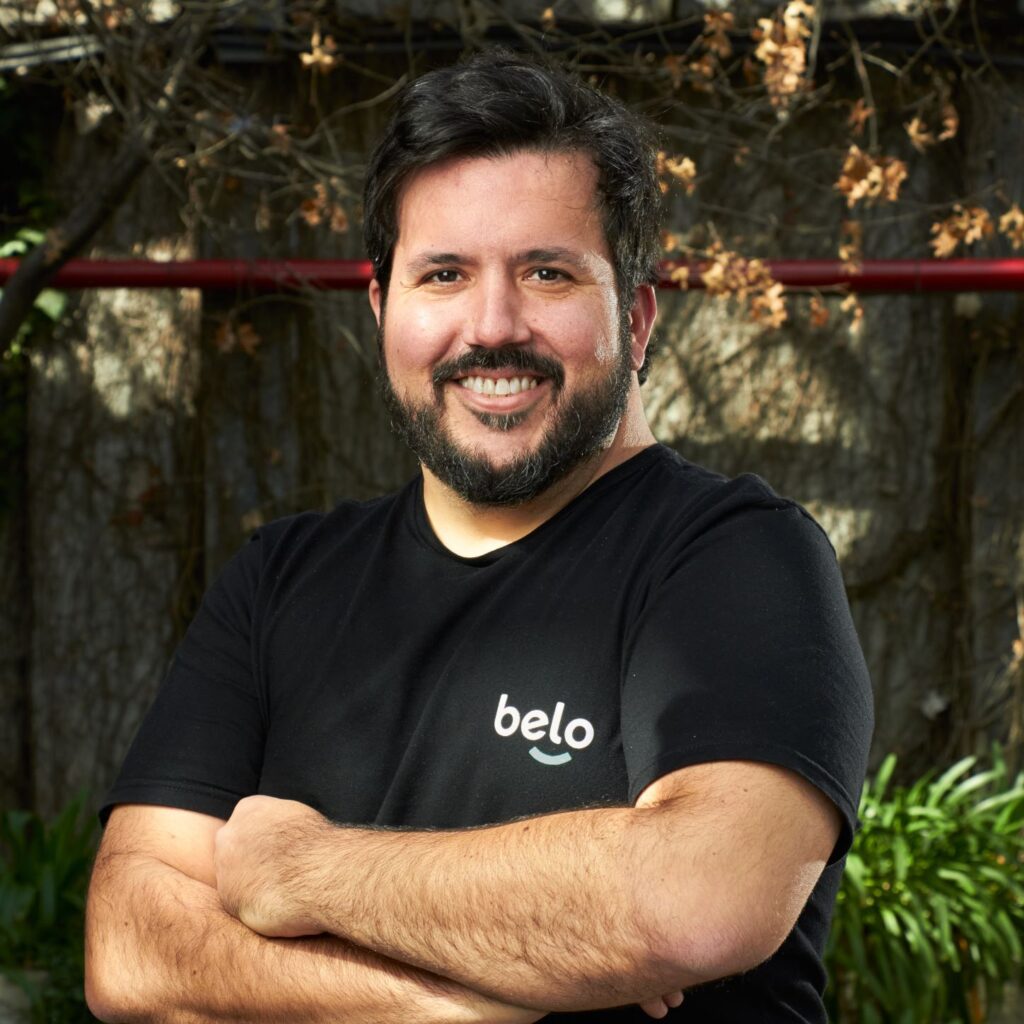Website: www.synapdx.com
Video: vimeo.com/64564331
Headquarters: Lexington, Massachusetts
Year Founded: 2010
Founders: Stanley Lapidus (President), Jeffrey Luber (VP, Corporate Development)
Employees: 18
Investors: North Bridge Venture Partners, General Catalyst Partners, Laboratory Corporation of America, The Kraft Group, Bain Capital Ventures
Twitter: @synapdxcorp
LinkedIn: linkedin.com/company/844039
Brief Company Description: SynapDx is developing a blood test designed to enable earlier detection of autism spectrum disorders (ASDs).
# # #
 By Stanley Lapidus, co-founder and president
By Stanley Lapidus, co-founder and president
Overview
SynapDx Corporation is developing a proprietary blood-based test to help doctors identify children with autism earlier than they do today.
While children can exhibit symptoms of autism spectrum disorders (ASDs) before 18 months, the current average age of diagnosis is 4.5 years—well after the age when behavioral therapies can begin. Today, the ASD diagnostic process is complex and time-consuming, but research indicates earlier diagnosis and intervention can significantly improve patient outcomes.
Our test works by measuring amounts of RNA copied from each of many different genes. Those RNA amounts are influenced by a person’s genes and the environment. For each gene, the amount of RNA copied determines how much protein is made. The RNA and resulting proteins dictate many functions in the body, including how the brain develops, affecting speech, behavioral, and social skill development.
While there is not one single gene that determines whether or not a child has ASD, researchers have found that children with autism have different amounts of certain RNA sequences. Measuring this unique pattern of RNA forms the basis of the SynapDx test.
The test result is an ASD risk score for a child to help doctors make faster and better referral decisions—leading to earlier diagnosis, which enables earlier intervention and may lead to improved outcomes and reduced costs.
Founder’s Story
I’ve spent much of my career identifying problems in medicine that are clinically important, but scientifically overlooked. In the late 1980s, I founded Cytyc Corporation (NASDAQ:CYTC) to develop new technology for cervical cancer screening. In 1995, I then founded EXACT Sciences Corporation (NASDAQ: EXAS), where I focused on early detection of colorectal and other common cancers. After that, I co-founded Helicos BioSciences, where we developed the first DNA-sequencing instrument to operate by imaging individual DNA.
When considering my next focus, autism clearly struck me as an issue that was clinically important, but had historically been scientifically overlooked. Because autism was not mentioned in the Diagnostic and Statistical Manual of Mental Disorders (DSM) until 1980, very few research dollars or efforts were focused on it. In fact, despite advances in awareness and research, National Institutes of Health (NIH) funding for ASD research remains less than five percent of other less common disorders.
ASD diagnosis can be a lengthy, complicated and frustrating process for both families and clinicians. When coupled with the time required to complete a full evaluation, families endure significant costs and months to years of fear and uncertainty about their children’s futures. By reducing the time to diagnosis, some of this stress can be alleviated and behavioral therapies can begin earlier.
Marketing/Promotion Strategy
Our test will be ordered by a doctor, so we’ll be working with pediatricians and specialists to educate them about its intended use. We recently launched the largest, prospective multi-site study evaluating an ASD diagnostic test. With 20 sites and 660 patients across the U.S. and Canada, the study is the first of its size to look at RNA as a tool for early assessment of ASD risk. Several of the country’s leading centers for autism research and treatment have signed on to participate in the study, including Mount Sinai, Boston Children’s Hospital, Nationwide Children’s Hospital, UC Davis MIND Institute, Texas Children’s Hospital, and Vanderbilt University.
Market Opportunity
The CDC now estimates one in 88 children in the U.S.—and one in 54 boys—will be diagnosed with an ASD. With research indicating that earlier intervention can lead to improved outcomes, enabling earlier autism diagnosis continues to increase in importance.
The current market opportunity has also been validated by our investors’ interest and commitment. In December, 2012, we received an additional $6 million in financing from North Bridge Venture Partners and General Catalyst Partners to support our clinical study. Since then, we’ve received additional investment from Laboratory Corporation of America Holdings (LabCorp) and the Kraft Group.
How SynapDx is Different
SynapDx is focused on developing a test that will identify the vast majority of children with ASD. Currently, no other test has the ability to help as many children. This is because most other tests are genetic, while ours is based on gene expression. Genetic tests are good at identifying potentially causative genetic changes for a small number of children, which means they are important, but have limitations as tools prior to clinical diagnosis. We are focused on developing a highly sensitive test that provides an ASD risk score for a child to help doctors make quicker referral decisions.
Business Model
We are an evidence-driven company and intend to launch the test commercially on the heels of our clinical study. As the study progresses, we will be finalizing our sales and distribution strategy. We have a number of important relationships with national partners and are in discussions with others that we believe will be highly relevant to market roll-out.
Current Needs
Our clinical study sites are currently enrolling patients. Click here for more information on our study. We are always seeking top-tier talent to join us across our company as we work to enable earlier diagnosis of ASDs.
SynapDx – www.synapdx.com













